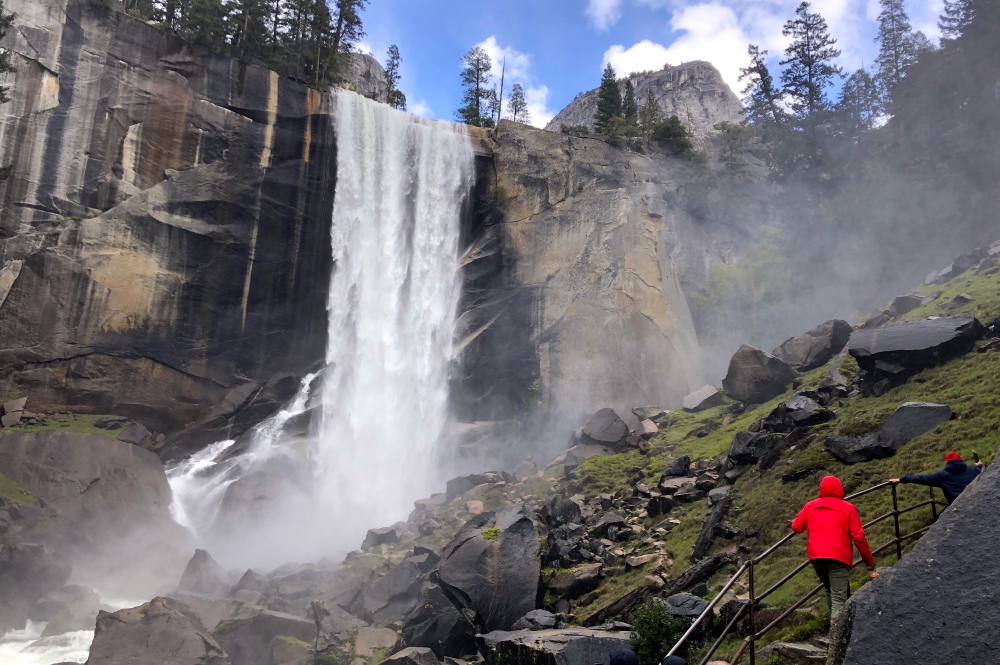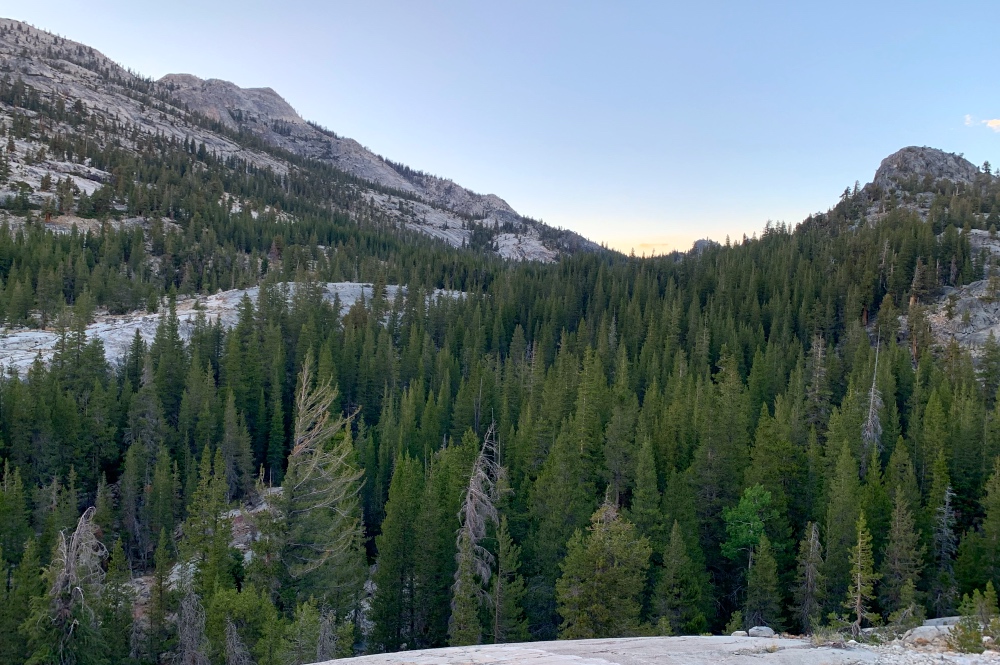
Escape the city for a few days on a Yosemite Corporate Retreat.
Fifty years ago, King Jigme Singye Wangchuck, the 4th King of Bhutan, came up with a holistic approach to measuring his Himalayan country’s overall welfare. Instead of gauging its economic growth by assessing the Gross National Product (GPN), he suggested the government track GPH—Gross National Happiness.
Tracking and improving such phenomena as education, health, ecology, psychological well-being and use of time, Bhutan achieved stunning results: Nearly 100% of Bhutanese children attend school, where they absorb teachings about environmental protection and agriculture as well as in traditional subjects. Typically, a school day also includes a period of meditation. In addition to its strides in education, Bhutan’s life expectancy has nearly doubled.
The country may not have discovered the only way to happiness, but notice the Bhutanese authorities did not measure cell phone usage or participation in social media. They didn’t look into computer or tablet statistics. Could it be that, despite the convenience of modern technology, it is not the key to contentment or happiness? One could even argue that being absorbed in technology dulls the senses and prevents happiness.

Enjoy the serenity of Yosemite’s nature, away from your phone signal.
We suggest, before you enter the forest primeval, you disconnect from your technology. Does just the thought of that make you anxious? That should tell you something. Once you pull the plug on all those devices, slowly feel the rush and anxiety leave your system. It may take a while, but welcome back to the real world, the one in which you use all your senses, and the one in which you move your body, much the same way explorers hundreds of years ago experienced the woods.
In the forest, you can connect with real people, in person, in a way you can’t relate with technology between you. Think of it as getting a woodland massage, relaxing your body and renewing your spirit. You need very few, if any, technology props to find your happiness in on the trail. Anyone up for a Yosemite Corporate Retreat?

 Todd Trapani
Todd Trapani dylan gallagher
dylan gallagher